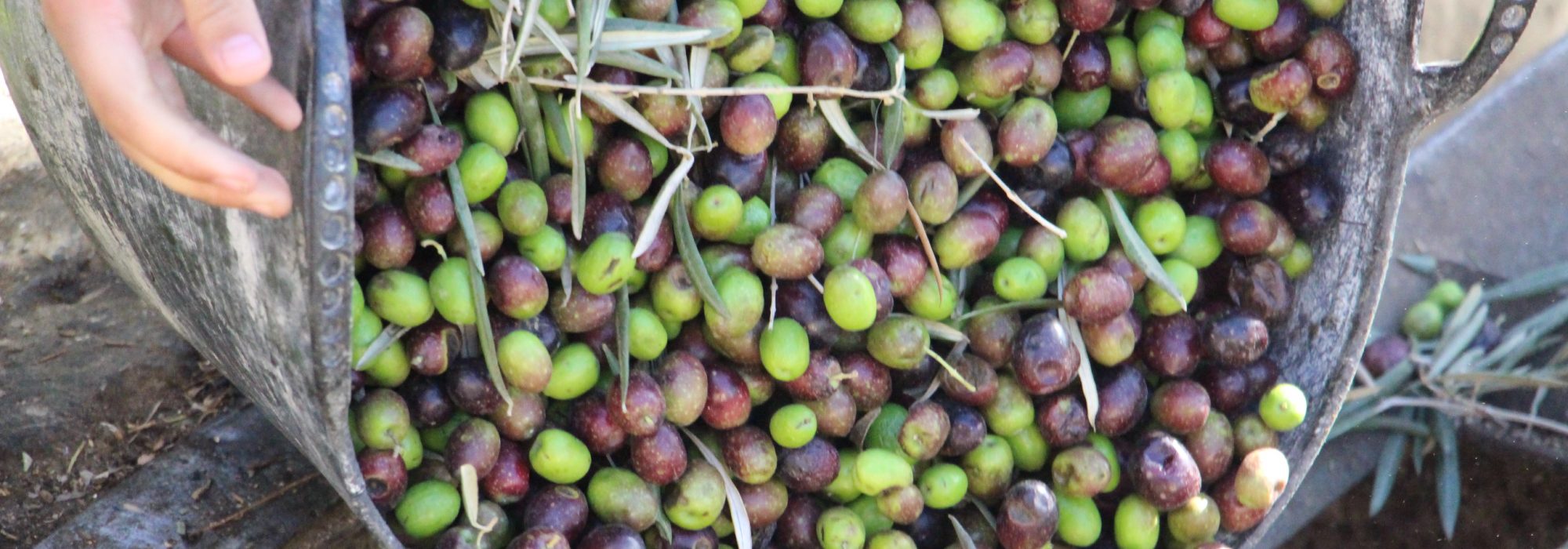
General information
| Name: | FINCA EL FLORENT |
| Contact: | José Miguel Berenguer |
| Phone number: | (+34) 630 066 406 |
| City: | Confrides |
| Area: | Marina Baixa |
| Email: | jmberenguer@acmateriales.com |
| Address: | |
| Website: | http://fincaflorent.com |
Oil and olives
| Brand | FLORENT |
| Type of oil | Extra Virgin |
| Type of olive |
Almazara Information
| Shop: | |
| Oil tasting: | |
| Restaurant / Bar: | |
| Guided visit: | |
| Toilets: | |
| Languages: | |
| Exhibition / Museum: | |
| Accessibility: | |
| Payment: | |
| Video: | |
| Opening times: |
THE OLIVE OIL:
Olive oil is a vegetable oil of mainly culinary uses that is extracted from the fruit recently harvested from the olive tree (Olea europea). Almost a third of the pulp of the olive is oil, that is why, from very ancient times, its oil has been easily extracted with a simple pressure exerted by a primitive mill (oil mill). Its use is fundamentally culinary, but it has been used for cosmetic as well as everyday purposes such as oil lamps. The olive can not be eaten due to the bitterness of its flavor (due mainly to the presence of phenolic compounds), this flavor is greatly reduced by the application of various curing processes. However, 90% of the world production of olives will produce oil. Only 2% of world production takes place outside the Mediterranean area and Spain, and to a lesser extent Italy and Greece account for three quarters of world production.
Olive oil is a vegetable oil of mainly culinary uses that is extracted from the fruit recently harvested from the olive tree (Olea europea). Almost a third of the pulp of the olive is oil, that is why, from very ancient times, its oil has been easily extracted with a simple pressure exerted by a primitive mill (oil mill). Its use is fundamentally culinary, but it has been used for cosmetic as well as everyday purposes such as oil lamps. The olive can not be eaten due to the bitterness of its flavor (due mainly to the presence of phenolic compounds), this flavor is greatly reduced by the application of various curing processes. However, 90% of the world production of olives will produce oil. Only 2% of world production takes place outside the Mediterranean area and Spain, and to a lesser extent Italy and Greece account for three quarters of world production.


